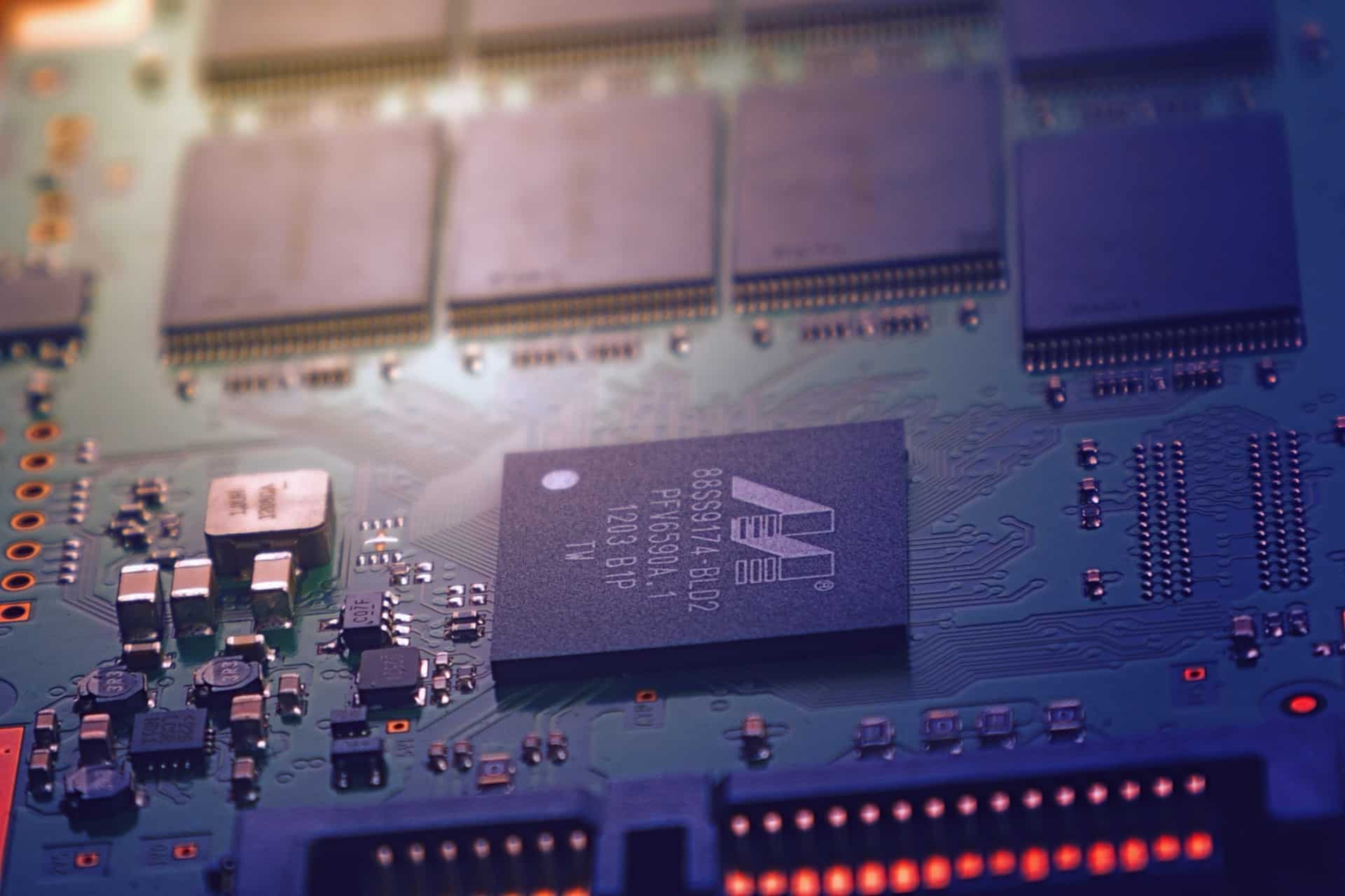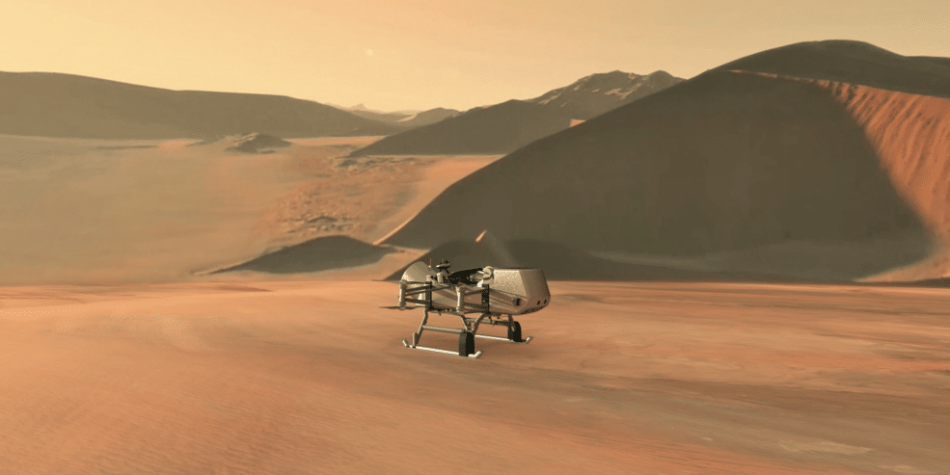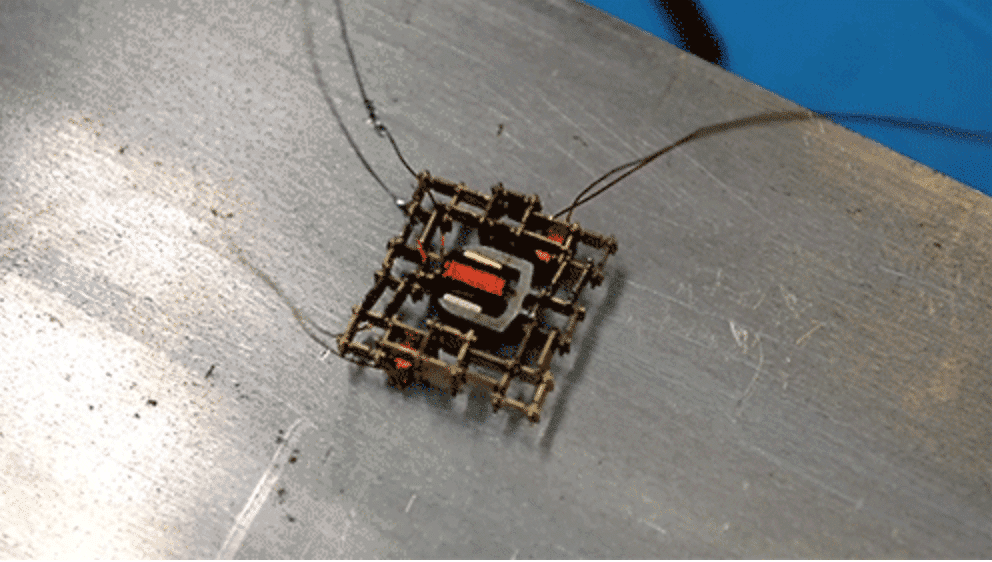
In this edition of Top 5 Tech, there’s a strong focus on technology with developing levels of autonomy. From the microbial to out-of-orbit machines, there’s plenty to sink your teeth into.
With companies such as SpaceX putting the potential of inter-planetary travel back into society’s psyche, there seem to be greater and greater advances being made in space technology all of the time. NASA has announced its next mission: Saturn’s moon, Titan.

Not launching until 2026, the Dragonfly is a rotorcraft that can take advantage of Titan’s dense atmosphere and low gravity by flying—in similar fashion to a drone—across the moon’s surface. Its purpose? To scan for life.
Korvaa – Microbe-grown headset
Our reliance on plastic has certainly reached a tipping point, and solutions that utilise the resources we have—and would otherwise throw out—are meeting mainstream approval. This latest idea, Korva, looks to the unseen yet highly populated world of microbes as a new solution.

The headphones are fully functional but are made by materials naturally produced through micro-organisms, significantly decreasing their impact on the environment.
In similar fashion to the microbial headphones, this invention has found another niche for microbes in the production of materials. This carefully constructed concrete will heal itself when cracks occur.
Using bacteria that can lie dormant inside the concrete for up to 200 years, the microbes can self-activate when exposed. The self-repairing qualities of the substance could completely revolutionise road construction.
Inspired by the incredible fact that it only takes 20 amino acids to produce the world’s complex life, MIT Professor, Neil Gershenfeld, decided that 20 parts would be more than enough to create a self-run motor.

Composed of tiny parts attached with wire, the motor works functionally like a muscle and can move around surfaces. The parts can be re-built to fit different needs—for instance, a hand or leg—making the invention completely customisable.
Stanford University has designed a pair of glasses that can automatically focus on an object in front of you by tracking the direction of your eyes. Over time, people’s ability to focus can deteriorate and normal glasses can be insufficient as a complete solution.

This could improve the lives of millions of people naturally suffering from decreased eyesight as a result of old age.
We’ll see you next month for more Top 5 Tech!

©️2024 Grammatik Agency, Second Home, 125–127 Mare St, London E8 3SJ.
[email protected]
+44 (0)20 3950 7057 Privacy policy